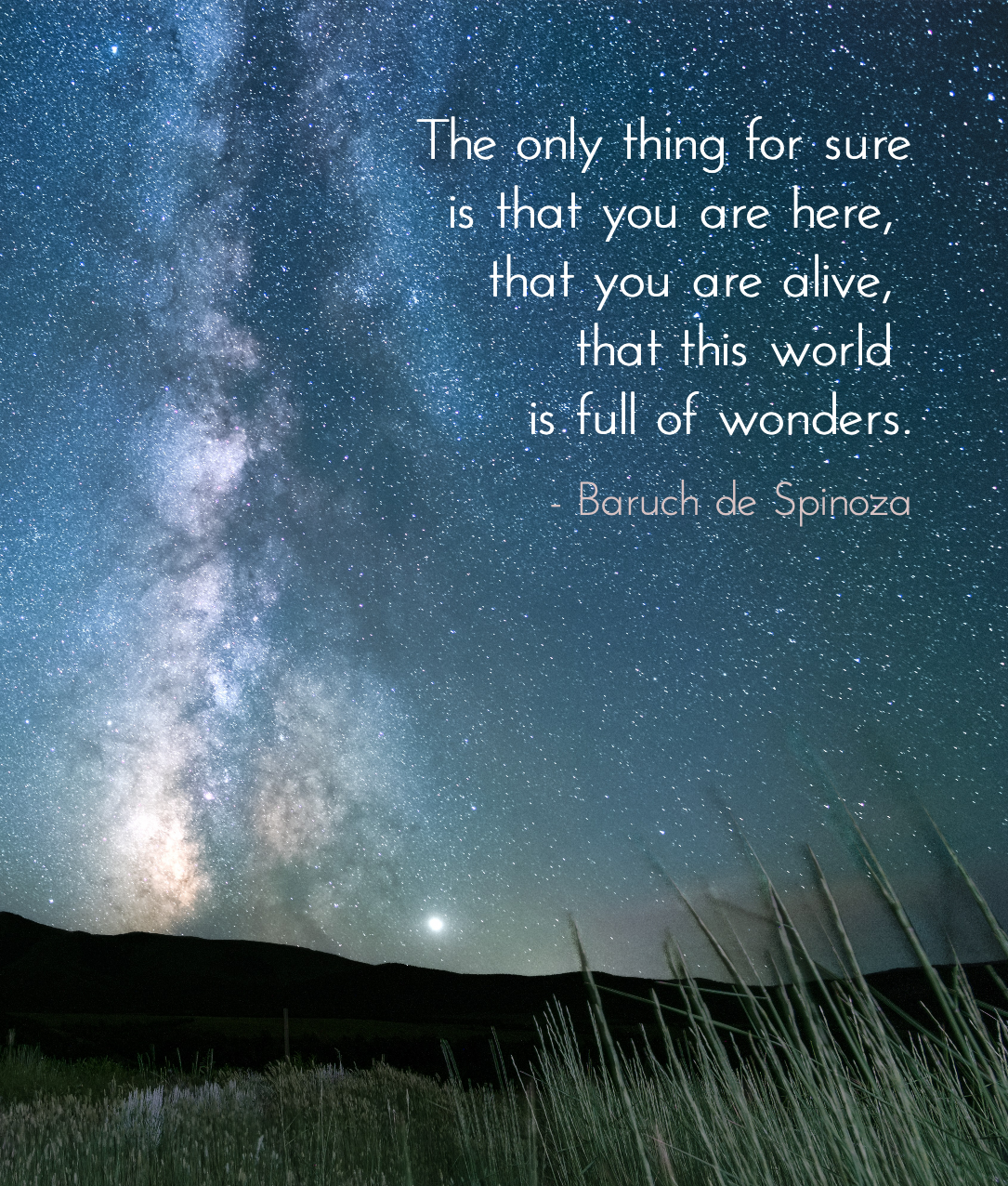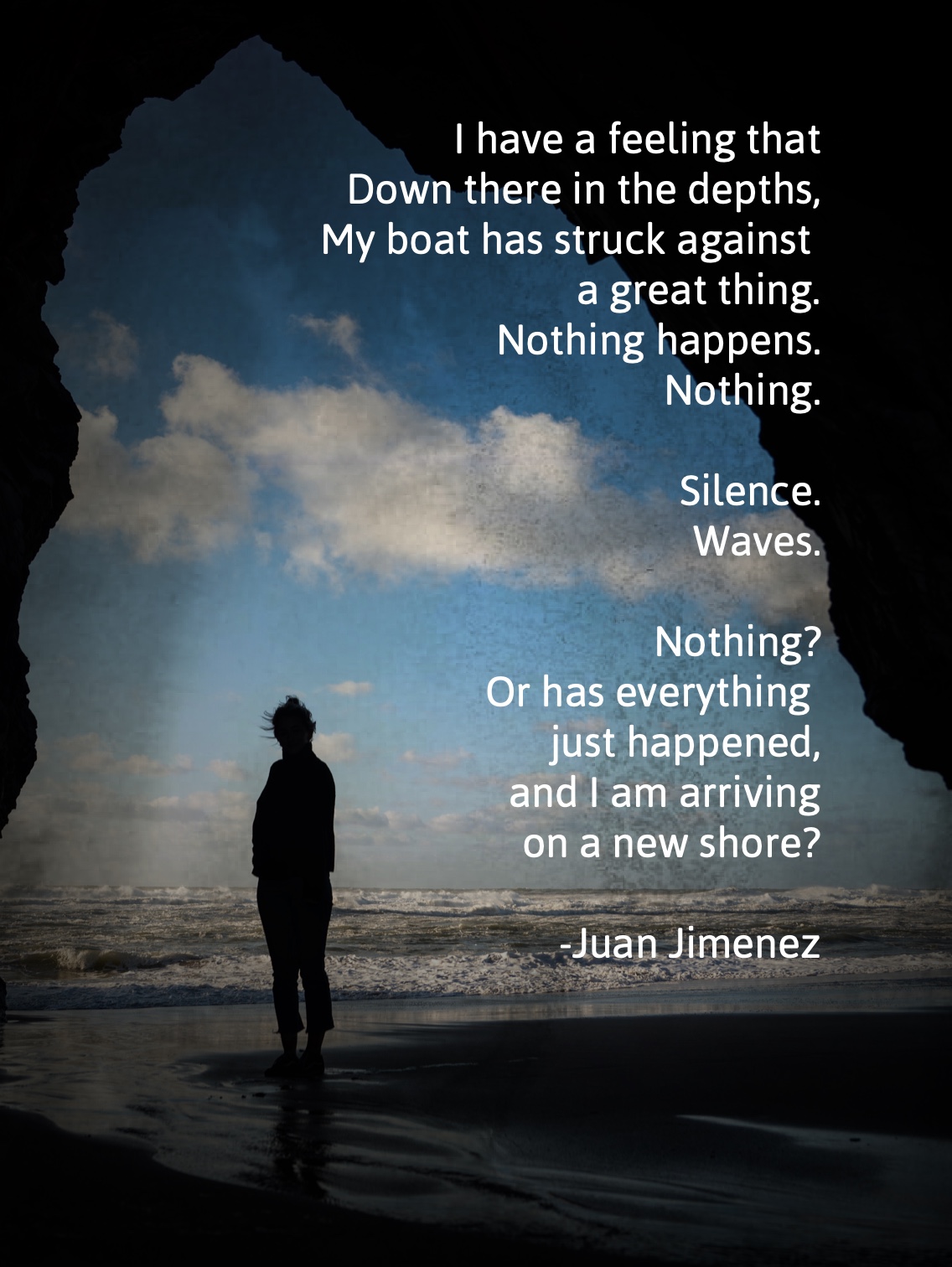Vitalizing The Therapeutic Encounter
Workshop Format and Content
Enacting A Vitalizing Presence:
Engaging Spontaneity & Passion in Service Of Change, Growth & Aliveness
This workshop explores using vitalizing interventions that are enriching and transformative in their lived experience, rather than simply reflecting on one’s own process.
The practitioner’s ability to enact their own embodied and vitalized presence depends on participating in unconsciously driven, spontaneous, and viscerally felt encounters with their clients.
We must be capable of setting aside being helpful in order to be available.
We work with ‘active witnessing‘ by entering fully into the lived experience of another, then digesting & reflecting back to them internal conflicts and dilemmas in ways that can recognizes them, empowers them, and moves their lives forward in new ways, thus becoming better able to bear living.
This is such challenging and rewarding work: supporting the client’s growing ability to grow by facing paradox and dilemmas, tolerating uncertainty and complexity, and ultimately, accepting ‘what is’.
“Transformative change is not a consequence of a logical, sequential, reflected upon process, but of conscious, pre-conscious, and unconscious, mutual penetration.
The goal is not insight or understanding alone, but rather a transformation, a radical change in people’s nature as they come into contact with the frozen parts of themselves that are yearning to be reached, known and recognized – a change which is always a result of an interaction.”
– Boaz Shalgi

About The Themes For The Upcoming March Workshop
I shape the content for the workshop based on my own deep immersion into the content and material that I bring forth. I have spent a number of months exploring these themes both in studying the theories and practicing their applications with my active clients.
Allowing For The Unforeseen To Emerge
Bringing to life what has not yet been possible must take place within the spontaneous, surprising, enlivening process of participating in the unexpected.
This can only happen if the the practitioner is willing to step beyond the usual in any given moment, guided by the ‘evenly hovering attention’ of being fully immersed in the shared experience of whatever the client is living through.
Learning How to Tolerate and Work with Absence
Many people we encounter and work with are filled with feelings of deadness, emptiness and lack, pervaded by a ‘black hole’ of internal experience.
In addition, these clients are often ‘libidinally invested’ in maintaining their attachment to nothingness, and they carry within them the presence of absence.
We will explore our own absences, and learn how to bring new presences to this experience of, and allegiance to, absence.
Exploring the Synthesis Between Embodied Presence, The Senses, Myth, and Passion
“It is of great importance that the therapeutic ‘material’ we discuss with our clients be present, to some degree, to our senses. It must be just be an abstract idea, but something which is ‘happening’, that we can feel, and almost touch.” (Boaz Shalgi)
If we are to transform what is foreign, alienating or unreal in our clients into something real and personal, into something they can feel, sense for themselves as a real part of their life, it is crucial that we speak to them in a way that is tangible, and pulls them into a reality they can face and live with.
Examples of Vitalizing Themes
Embodied Presence
Our most essential and fundamental skill for containing the possibility of novelty and aliveness, when we can be individuated and ‘other’ to our clients.
Orienting To Aliveness
Requires the ability for our bodies to have a felt exchange with the flow of life, and our minds open up to new possibilities in the presence of risk.
Holding A Vital Mind
Only the passionate mind of the therapist can engage the client’s deadness and fears, and truly help someone transform their darkest fears.
The Generative Unconscious
Grow a deeper appreciation for how the unconscious core of both therapist and client are in constant communication, is always a mystery, and surprising us.
CounterTransference Contains
Understanding how our own internal reactions to what a client brings holds within it a rich transformative potential for both the client and the therapist.
Deepening Into Processes
Learning how to join with & enter the client’s surface issue; hold the trouble in both mind and body; move beyond knowing into wonder; embody reverie.

Workshop Content
Here are some samples of essential clinical material to be presented.
Growing Our Capacities For Complexity, Paradox & Surrender
These characteristics are embedded in essential therapeutic encounters, which are imbued with profound personal implications for changing both therapist and client. Ghent says that ‘surrender is not an act performed, but a letting go’ in order to become whatever is being created in the moment. It is the most basic need of the human psyche.
Understanding A Radical Approach To Transformation and Change
This approach offers a straightforward, mutual and unexplained spontaneity, which is unconsciously driven, and requires the vulnerability of surrendering fully, in body and mind, to an encounter with our clients. This process vitally and ruthlessly moves life forward. And it can happen ‘in any given moment’, all at once.
Working With The Three Essential Components That Validate & Transform Human Experience
Bion’s three dimensions of experience and existence are needed in the therapeutic encounter in order to transform the human condition – the domain of the senses, the domain of myth, and the domain of passion.
The Workshop Format
Mornings In Large Group
Our primary way of working together for all embodiment and mindfulness practices, and for all training lectures, & demo sessions.
Small Peer Group Breakouts
Usually 5-6 group members who lead their own support group. Helps to integrate fresh learning, and to stay connected to the community.
Vitalizing Dyad Sessions
Used daily during the training week. Consists of individual client and practitioner ‘practice sessions’ to work one’s developmental edge.
Afternoon Reflection Group
Consists of client, practitioner and observer. Helps to deepen the work by providing practitioner with feedback and support.
Morning Hikes or Movement
Optional segments before breakfast each morning. Hiking, short high-intensity workouts, yoga or kundalini breathing options.
Evening Community
Supportive and integrative communal sharing each evening after dinner to solidify connection and deepen mutual enjoyment.

